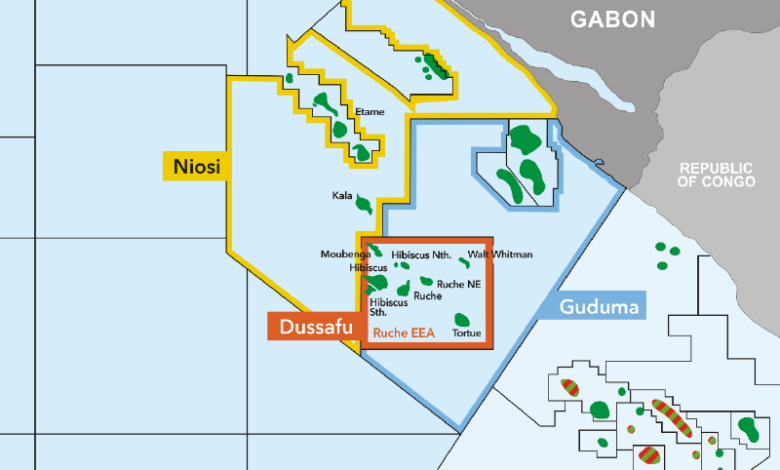Panoro Energy signs agreements for Niosi and Guduma blocks offshore Gabon

The Government of Gabon has agreed to final terms with Panoro Energy for a 25% participating interest in exploration blocks Niosi Marin (previously G12-13) and Guduma Marin (previously H12-13) offshore shallow water Gabon, resulting in Production Sharing Contracts (PSCs) covering the two blocks.
The Niosi and Guduma blocks cover a surface area of 2,974 sq km and 1,927 sq km respectively and are adjacent to the producing Dussafu Marin Permit (Dussafu) in which Panoro holds a 17.5% interest and is partnered with BW Energy and Gabon Oil Company. The Niosi block is also adjacent to the producing Etame Marin Permit, which is operated by VAALCO Energy.
Both Dussafu and Etame Marin continue to be successfully explored and developed by the respective partners with an estimated combined volume over 300 million barrels discovered to date, multiple fields put into production and extensive processing and export infrastructure installed.
The PSC covering the Niosi block has an initial exploration period of five years with a work commitment of new 3D seismic data acquisition and one well. The PSC covering the Guduma block has an initial exploration period of three years with a work commitment of geological and geophysical studies. Both blocks have an option to extend the exploration period and enter a second phase with an additional well commitment.
Partners in the Niosi and Guduma blocks will be BW Energy (37.5% and operator) and VAALCO Energy (37.5%).




